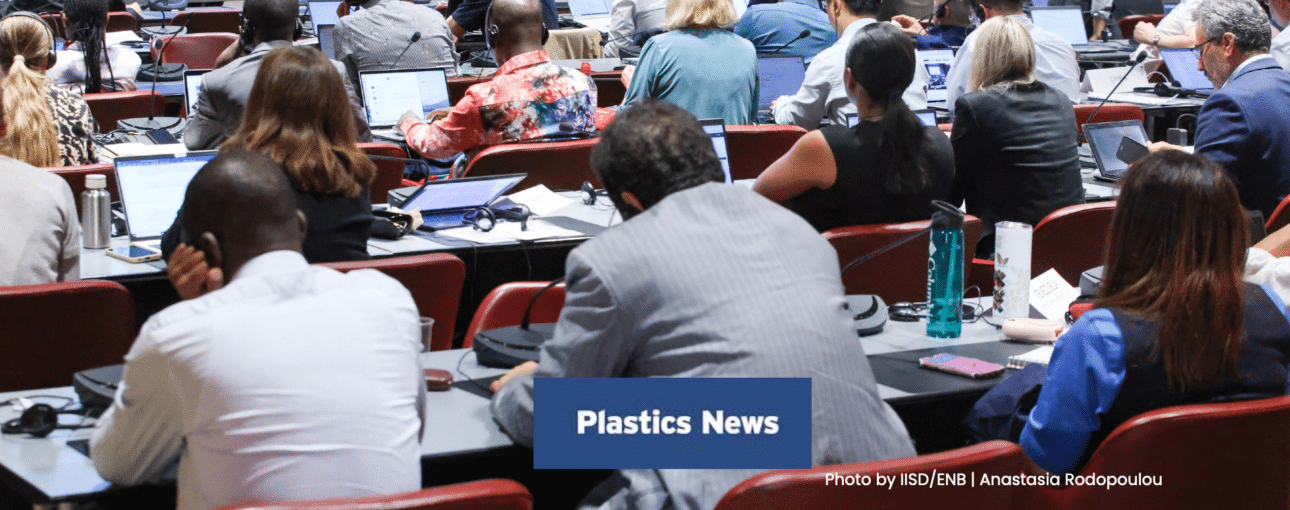Chemical recycling of plastics could be problematic for developing countries that have limited capacity to manage and regulate waste.
That, at least, was the opinion of experts at a June 26 forum looking at how the plastics treaty should approach a technology that industry sees as crucial to improving the circularity of plastics but that environmentalists are deeply skeptical of.
The forum was held to release a study, commissioned by the environment ministry of Switzerland and prepared by Germany’s RWTH Aachen University, that aims to provide baseline data and recommendations on chemical recycling to the ongoing global plastics treaty talks.
A technical adviser to the International Pollutants Elimination Network argued that the technology should not be used either in developing or developed countries, because of hazardous waste production and low yields of useful material.
IPEN adviser Lee Bell said that putting chemical recycling plants in developing countries could increase the export of plastic waste.
“There’s a high risk of driving plastic waste exports to developing countries, which have poorer regulation, which may lead to emissions impacts and hazardous waste risks to public health,” Bell said. “If you set up these facilities in developing countries, there will be the argument that you can export under different aspects of the Basel Convention for recycling.”
Read the full story in Plastics News (subscription required)
